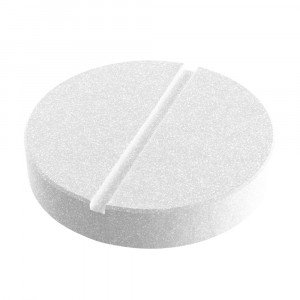 Welcome
Welcome
“May all be happy, may all be healed, may all be at peace and may no one ever suffer."
- A
- B
- C
- D
- E
- F
- G
- H
- I
- J
- K
- L
- M
- N
- O
- P
- Q
- R
- S
- T
- U
- V
- W
- X
- Y
- Z
Acyclovir (Oral) - Brands
Aciclovir is a synthetic purine derivative. Aciclovir exerts its antiviral effect on Herpes simplex virus (HSV) and Varicella-zoster virus by interfering with DNA synthesis and inhibiting viral replication. In cells infected with herpes virus, the antiviral activity of Aciclovir appears to depend principally on the intracellular conversion of the drug to Aciclovir Triphosphate. Aciclovir is converted to Aciclovir Monophosphate principally via virus coded thymidine kinase; the monophosphate is phosphorylated to the diphosphate via cellular guanylate kinase and then via another cellular enzyme to the triphosphate, which is the pharmacologically active form of the drug. 15-30% of an oral dose of the drug is absorbed from Gl tract. Peak plasma concentrations usually occur within 1.5-2 hours after oral administration. It is widely distributed into body tissues and fluids including the brain, saliva, lungs, liver, muscle, spleen, uterus, vaginal mucosa and secretions, CSF, and herpetic vesicular fluid. Aciclovir is excreted through the kidney by the glomerular filtration & tubular secretion.
To be happy, beautiful, healthy, wealthy, hale and long-lived stay with DM3S.

